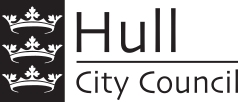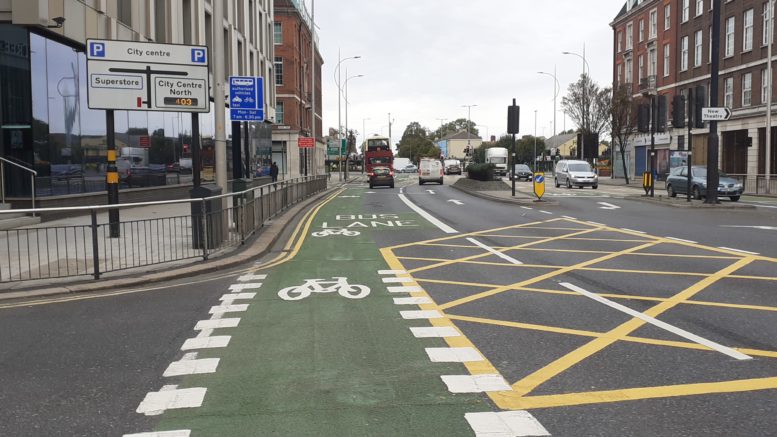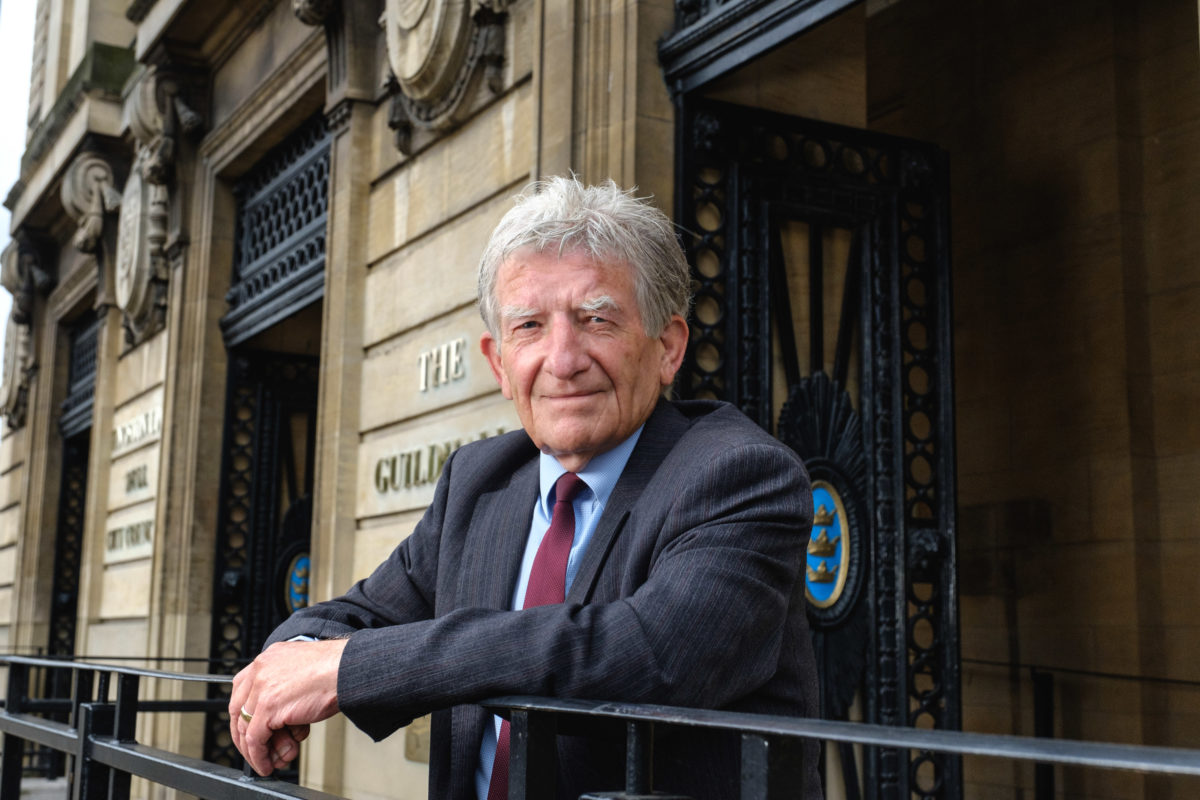Hull City Council has been awarded £1,035,500 for further cycling improvements.
This means that work to incorporate safer cycling routes in Holderness Road and Hessle Road can now begin.
Freetown Way has already benefitted from a wider cycle route with light lane segregation, providing a safer travel space for cyclists.
Combined bus and cycle lanes have also been introduced in Spring Bank and Ferensway, increasing the capacity for cyclists and enabling more consistent journey times for buses.
Councillor Daren Hale, portfolio holder for portfolio holder for economic investment, regeneration and planning, said: “Securing this funding is a crucial component in our journey to building a cycling network that ensures connectivity across the main arterial routes of the city.
“We recognise that by creating a public environment which encourages people to choose a more sustainable form of transport will not only improve the health and wellbeing of our residents, but will ultimately help to reduce congestion on our roads.
“We understand it’s an ambitious strategy, but in order to secure the funding and start the work we had to deliver the first stage of the project within a certain time frame. What we really want to emphasise is that this is a live consultation process done under experimental traffic orders, so the public have time to make any comments via Commonplace, before they become a part our permanent infrastructure.”

This is what the city’s cycling route will look like once the work is complete.
Plans for the identified routes include re-signing and relabelling key routes with green lines, mandatory cycle lanes and protection for cycle lanes with bolt-down kerbs.
The local authority also has the ambition to get 10,000 inactive people active by 2028 as part of the Towards an Active Hull Strategy. Active Travel has been highlighted as a key pillar to make this happen.
The 2011 census data shows that 15.5% (9340) of all car and van borne travel is 2km or less and 40.9% (24,597) of all car and van borne travel is between 2km and 5km. And when considering the travel to work journey 56.4% (33,937) of all car and van borne traffic travel to work less than 5km and 43.6% (26163) of all car and van borne traffic travel to work all distances from 5km and above. Assuming up to 5km is considered a short distance, a total of 33,937 people could potentially travel actively.
Analysis of 2011 ONS statistics, by the RAC, also indicated that in Hull there were only 352 vehicles per 1000 residents, and 59.4% of all households had 1 or more vehicles (40.6 % of households had no vehicle).
When people move more, there are huge health benefits to health including reduced risk of heart disease and type 2 diabetes and improvements to mental health and anxiety levels. Every minute really does count so regularly cycling or walking briskly can lead to long-term improvements.
Councillor Hale said: “Not only does walking and cycling bring with it a whole host of health benefits, but also feeds in to the council’s ambition to become carbon neutral by 2030.”
To have your say on the schemes, visit Commonplace here.




